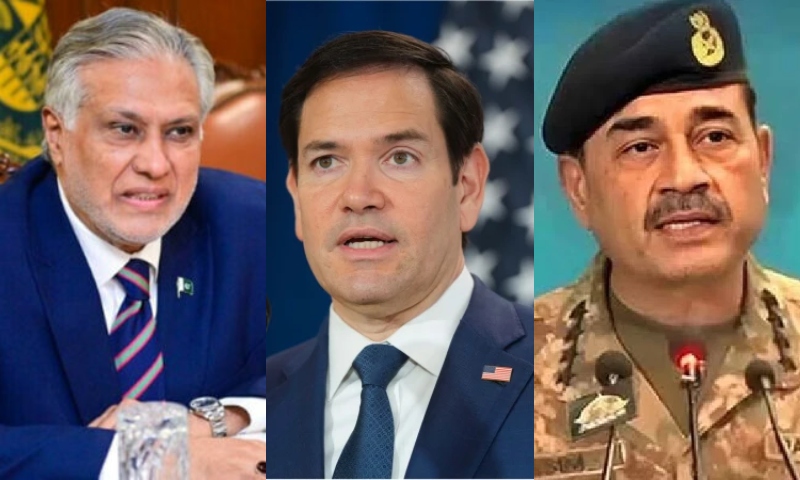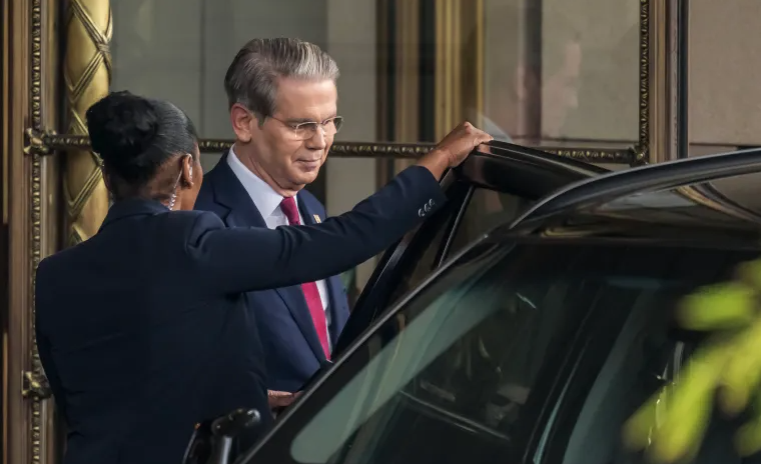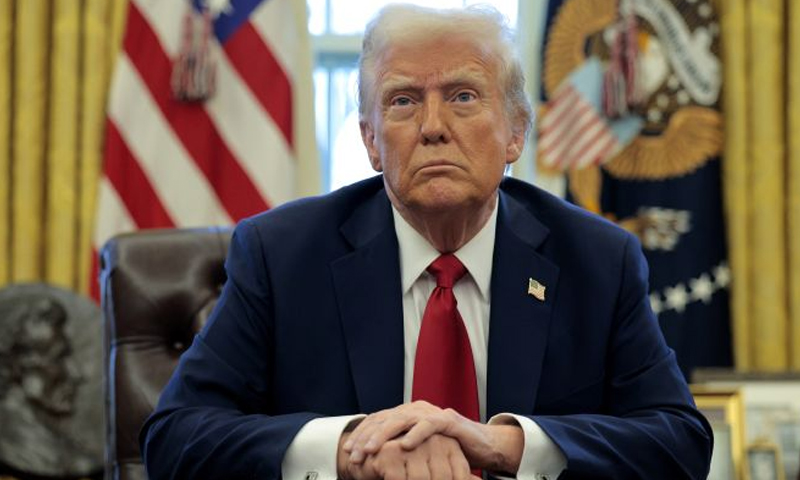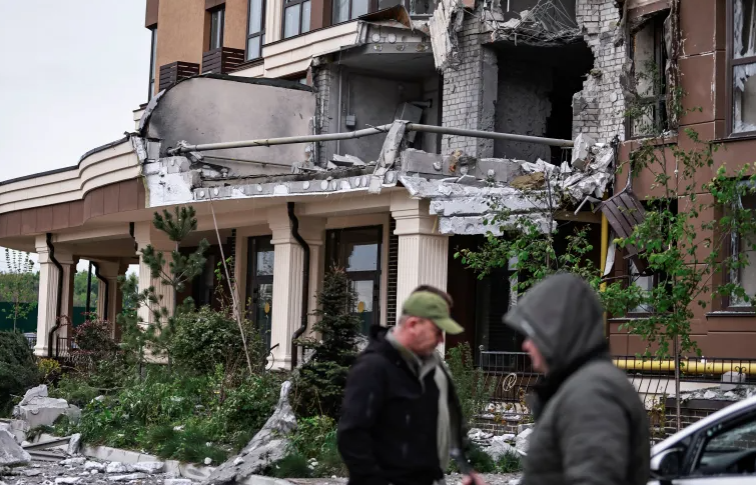WORLD NEWS
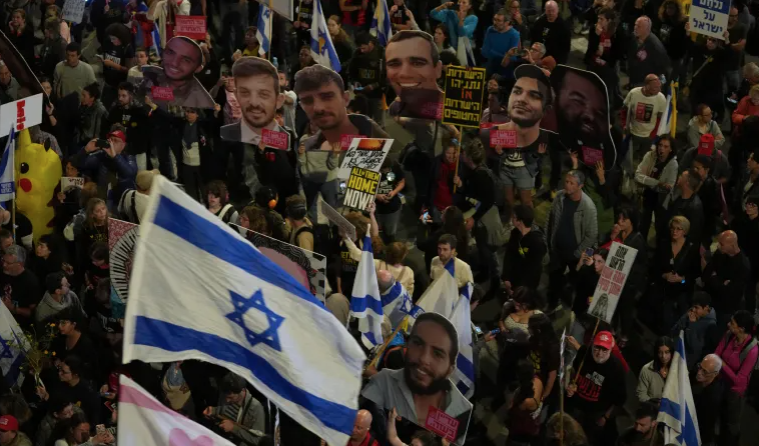
The ongoing Israeli-Palestinian conflict is becoming increasingly divisive within Israel, particularly over Prime Minister Benjamin Netanyahu’s handling of the situation. The question of whether to prioritize the release of captives in Gaza or to continue fighting what some critics are now calling a “forever war” is creating sharp divisions in Israeli society.
Since the October 7 attack by Hamas, Netanyahu’s government has faced intense scrutiny for failing to prevent the assault and for its failure to end the 19-month war. As the conflict drags on, there is mounting criticism of Netanyahu’s leadership, particularly following his decision in March 2024 to end a ceasefire that could have facilitated the release of captives from Gaza. This decision has left many questioning the prospects of the hostages returning alive and the future of the war.
In the face of this growing criticism, Netanyahu has refused to shift his strategy and instead doubled down on the idea of a total military victory against Hamas in Gaza. This stance is now putting him at odds with a growing movement within Israel’s military and broader society.
Internal Military Protests and Public Unrest
A wave of discontent has emerged among Israeli military personnel, particularly from within elite units such as the air force, navy, and Mossad, as well as among ordinary citizens. In recent weeks, there have been multiple protests from current and former military members, who argue that the war is being waged for political and personal reasons rather than genuine security concerns. These protests have gained traction among the Israeli public, with large crowds gathering in Tel Aviv to oppose Netanyahu’s decision to escalate the war by calling up an additional 60,000 reservists.
The ongoing violence has already claimed more than 52,000 Palestinian lives, many of whom are women and children, while the situation for Israeli soldiers has become increasingly unsustainable. In particular, many reservists are refusing to serve, not because of ideological opposition to the war but due to fatigue from multiple tours of duty with no clear end in sight.
The Political Ramifications of the War
As the conflict continues, Netanyahu is facing multiple challenges on the political front. He is dealing with corruption charges, including accusations related to his dealings with Qatar, and there are mounting calls for a formal investigation into his government’s failures before the October 7 attack. Critics argue that Netanyahu is using the war as a distraction from these issues, while maintaining support from far-right factions that back the military escalation and reject any peace deal that does not result in a total victory.
Additionally, there is growing unrest over the treatment of Haredi Jews, whose exemption from military service was deemed illegal by the Israeli Supreme Court. Despite this, Netanyahu has not fully enforced the court's ruling, given the support he relies on from the Haredi community to maintain his government.
A Divided Society and Strained Civility
The division within Israeli society is becoming more pronounced as the war drags on. Some citizens and soldiers have served in the army for hundreds of days, while others refuse to serve at all. The deepening toxicity in public discourse has led to heightened tensions, with accusations that Netanyahu is prioritizing his own political survival over the welfare of Israeli soldiers and captives. Yossi Mekelberg, a professor at Chatham House, noted that wars and conflicts tend to deepen societal rifts, and the ongoing Gaza conflict is doing just that.
In addition to the growing dissatisfaction within Israeli military ranks, far-right ministers have suggested that the captives might be sacrificed for military gains, a statement that many view as contrary to the founding principles of Israel and the Jewish faith.
As the Gaza conflict continues, Netanyahu’s leadership is increasingly under fire, and the question remains: will this war ever end, or will Israel be mired in a perpetual cycle of violence?
